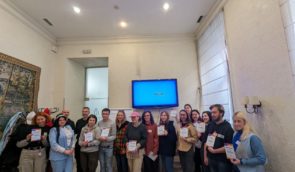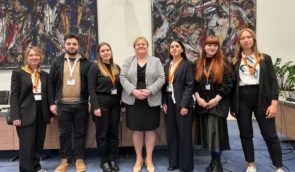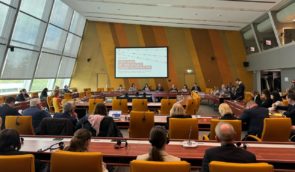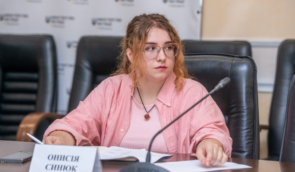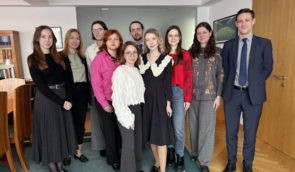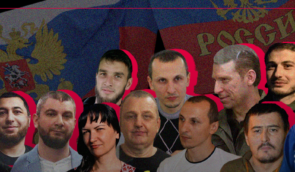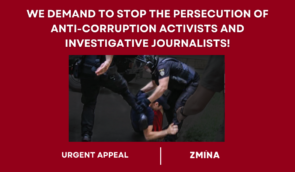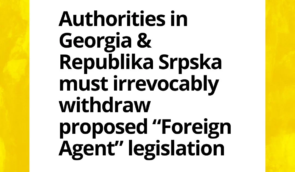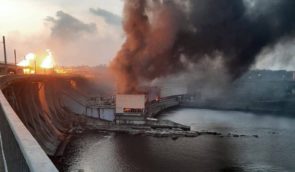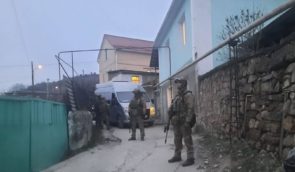Crimeans want to know what awaits them after the liberation of Crimea – Alena Lunova
Crimeans who remained living under occupation need to know what awaits them after the liberation of the peninsula. This also applies to their documents issued during the occupation: it is unclear whether Ukraine will recognize them. Therefore, the state should introduce such mechanisms in order not to worsen the lives of people after the liberation of the territories and not to blame those who were forced to remain living in the occupation.
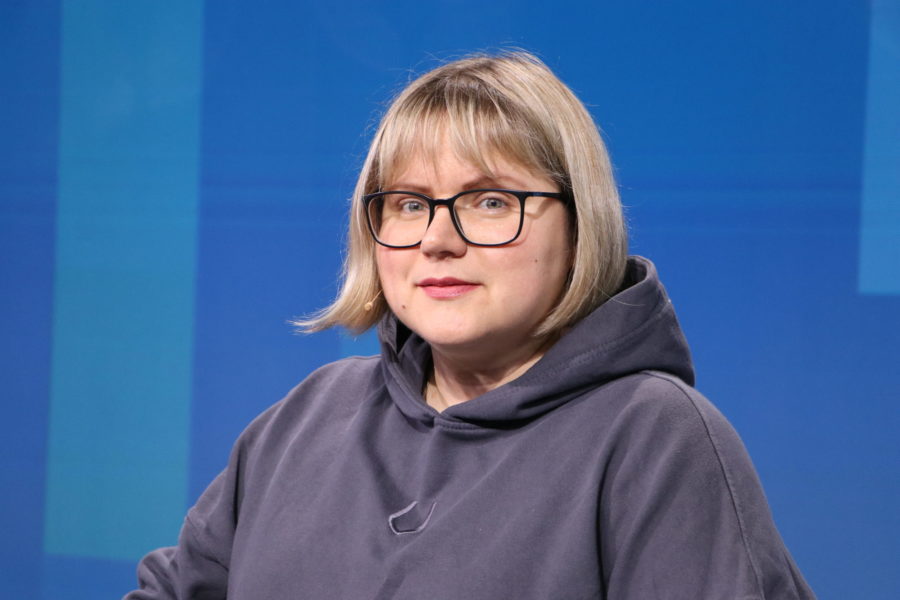 Alena Lunova
Alena LunovaThis was stated on February 26 by Alena Lunova, the advocacy manager at Human Rights Centre ZMINA, during the forum “26-2-14. The war began in Crimea”. The event was held by the Mission of the President of Ukraine in the Autonomous Republic of Crimea to the Day of Resistance to the Occupation of Crimea.
Lunova said that, in general, it is very difficult for the public to get real information about Crimea. Civil society organisations can get such information through work “in the field” and from people who leave the occupation. Currently, there is a big problem – millions of documents issued by the occupation authorities, which are not recognized by Ukraine.
“We must realise that after the de-occupation of the peninsula we will face the fact that there will be people who do not have and never had any Ukrainian documents, except for a birth certificate. And there are citizens of Ukraine who do not even have such certificates. This means that we as a state should not put the burden of proving one’s existence in the context of documents on the people, and also not blame the people who remained in the occupation,” says Lunova.
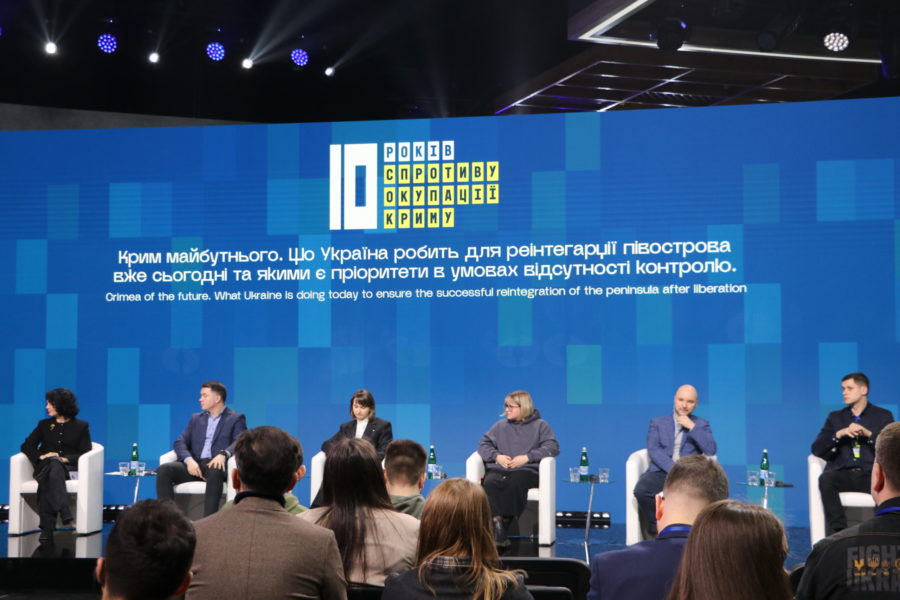
In addition, the expert added that it is also necessary to communicate correctly with Crimeans in the context of responsibility for cooperation with the enemy:
“We should talk about the development of a new tool – lustration as an alternative to criminal punishment, in particular for those who did not commit war crimes. Criminals will be brought to real responsibility, and others can get lustration measures.”
Also, according to Lunova, it is necessary to talk with the population of the government-controlled territory, which is not Crimean, because it must be ready for de-occupation as well.
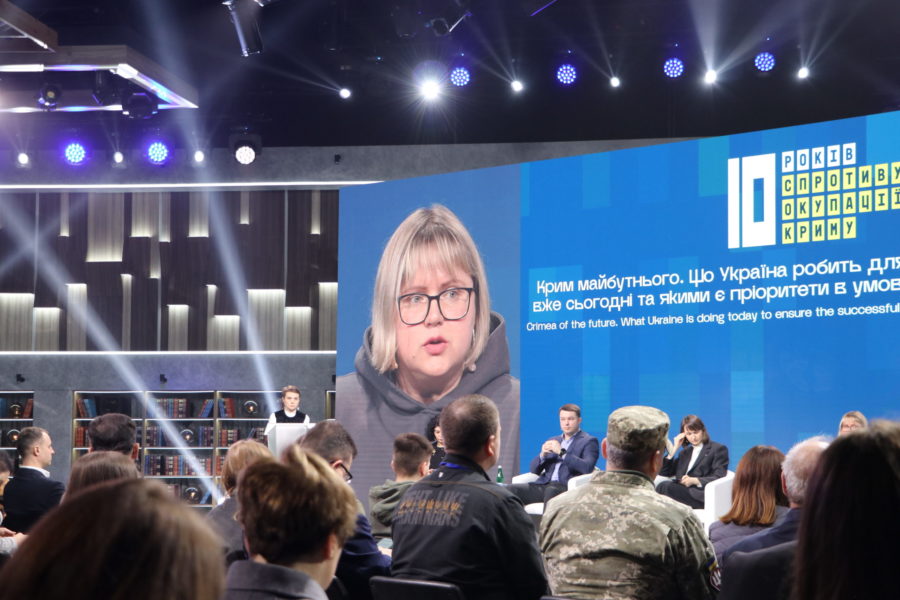
The panel was also attended by: the Permanent Representative of the President of Ukraine in the Autonomous Republic of Crimea, Tamila Tasheva; Oleksandra Azarkhina, the Deputy Minister of Communities, Territories and Infrastructure Development of Ukraine; the head of the Prosecutor’s Office of the Autonomous Republic of Crimea and the city of Sevastopol Ihor Ponochovnyi; the people’s deputy of Ukraine Roman Hryshchuk and the expert on security and stability, cognitive de-occupation of Crimea Dmytro Teperik. The moderator of the discussion was the international journalist Natalia Humeniuk.
You can find the video from the event broadcast here.

